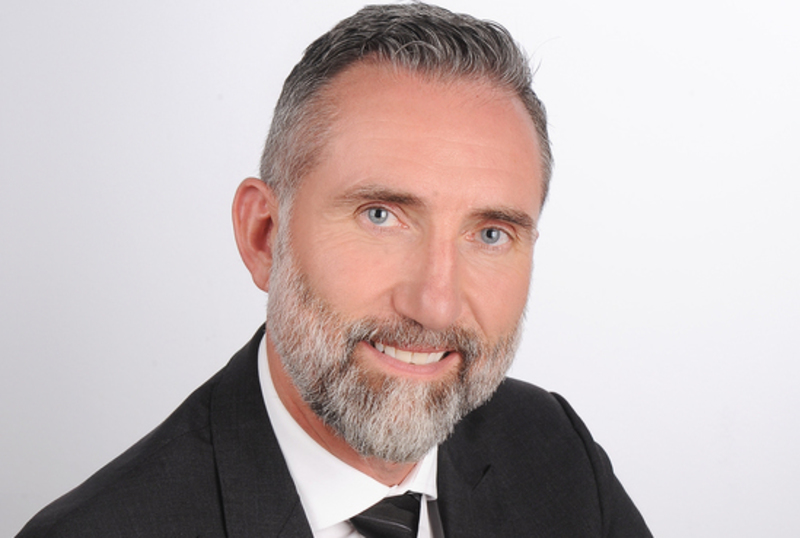Sustainability experts reveal solutions which make sense for the Middle East’s hospitality sector.
Meet the experts:
Peter Avram, Avani Middle East director;
Ronald Diab, Energy Efficiency Group (EEG) managing director;
Jakob Johanssen, Quooker managing partner;
Sandrine Le Biavant, Farnek consultancy director.
What are the latest developments in the sustainability sector?
Peter Avram: At Avani, we believe among the strongest developments in the sustainability sector are shifting consumer preferences and growing movement of social entrepreneurs and innovators who are disrupting traditional business models and bringing sustainability to the forefront of business decision making. For mid-market hotels, the challenge will be to adapt and change to new hospitality and food and beverage concepts that drive a positive behavioural change and are not purely adoption of wider corporate sustainable initiatives.
Ronald Diab: Sustainability development is moving mainstream generally and globally. Utilities consumption (energy & water) reductions, material recycling, waste water treatment, are examples of what is being pushed through larger organisations. The UNWTO (UN World Tourism Organization) has been heavily engaged in promoting sustainable development in the hospitality business, and I can only see beneficial results for all hotels, including mid-market ones.
Jakob Johanssen: Within my field the major change has been discussions on how we can change from bottled water to filtered tap water. Three years ago, it was difficult for us to convince our clients to use filtered tap water. Today everyone knows it is good water quality, very sustainable and environmentally friendly. Saying no to plastic bottled water means reducing carbon footprint and acting towards a more sustainable world.
Sandrine Le Biavant: Food waste is an issue that is having a major impact on the environment. It is critical that hotels master the management of food waste, which represents up to 60% of their overall waste and contributes to global warming through methane emissions. Over 30% of food wastage in the UAE, Egypt and Saudi Arabia is leftover or discarded food in restaurants, which peaks during Ramadan. According to the Ministry of Climate Change and Environment, it was estimated that there is almost AED15 billion (US$4 billion) in annual food waste in the UAE, compared with over $2.5 billion globally.
What is your bestselling offering for the hospitality industry?
Avram: Our most famous products are the Avani Bio-Cassava bags, a sustainable alternative to plastic bags, which are 100% natural, biodegradable, compostable and recyclable, certified non-toxic, dissolve in water and proven to be harmless when consumed by animals. Avani’s launch in the UAE provide the hospitality industry with access to these revolutionary products for the first time. Avani Bio-Cassava bags come in multiple sizes from small retail bags through to large waste disposable bags and can be branded with any company logo. Oxo-biodegradable bags are available in the UAE but are increasingly being banned in other countries as they are not 100% biodegradable and continue to be harmful to the environment.
Diab: Our detailed hospitality Energy Auditing is our best-selling service. It is a foundation work that has helped hotel properties with a clear road map on overall optimisation schemes. While energy auditing results vary from one company to another, we believe that EEG always leaves a mark at every hotel we have audited because of our ‘boutique’ approach, going the extra mile and thinking out of the box.
Johanssen: Our bestsellers are our Nordic taps which is ideal for front and back side in lounge areas, cafés & restaurantes These taps supply instant boiling water, chilled & sparkling water which is sustainable both in energy consumption and water consumption, easy and safe to use. The Fusion tap has the same advantages but also offers hot and cold water and is recommended for serviced apartments.
Le Biavant: Sales of our Hotel Optimizer software are really gaining momentum. This internet-based tool records the energy and water used and the waste and CO2 that a hotel generates and then benchmarks that performance with similar types of hotels. Our monthly reports then highlight savings (taking into consideration varying occupancy levels and F&B covers) that the hotel can generate by implementing activities in the key areas which are identified.

| Advertisement |










 Search our database of more than 2,700 industry companies
Search our database of more than 2,700 industry companies









